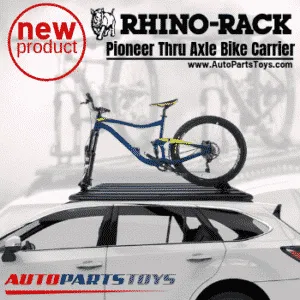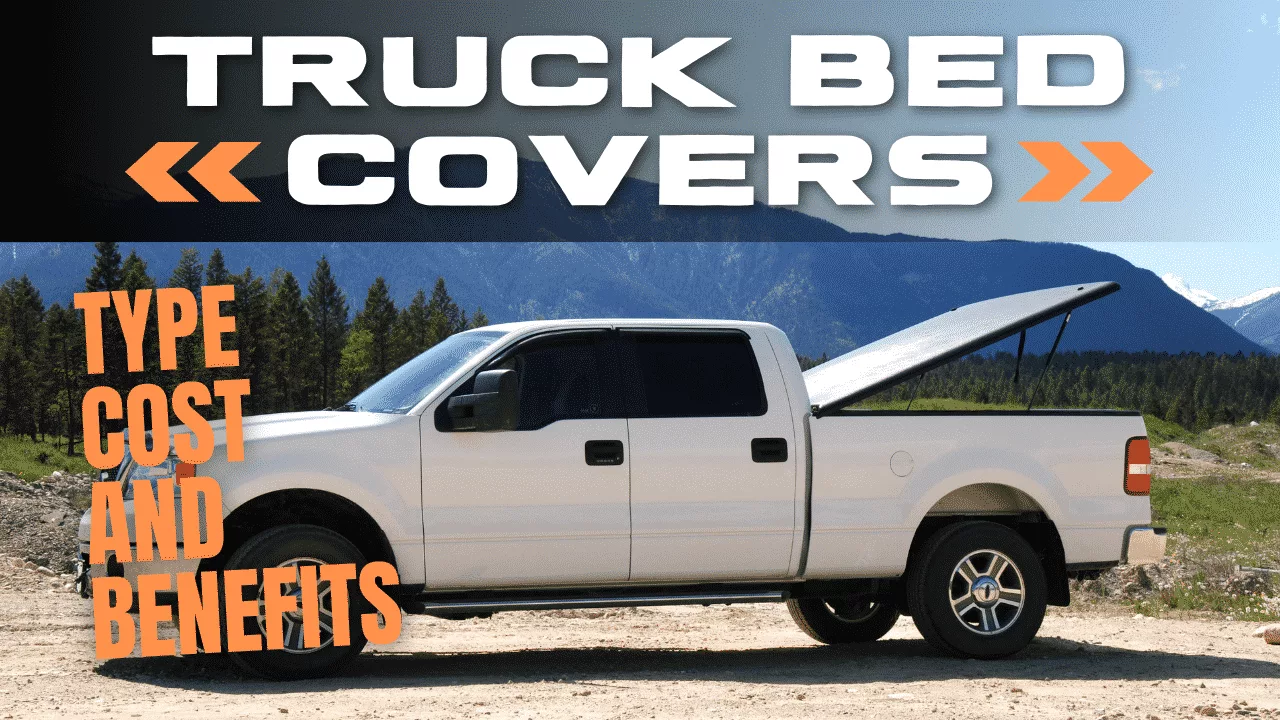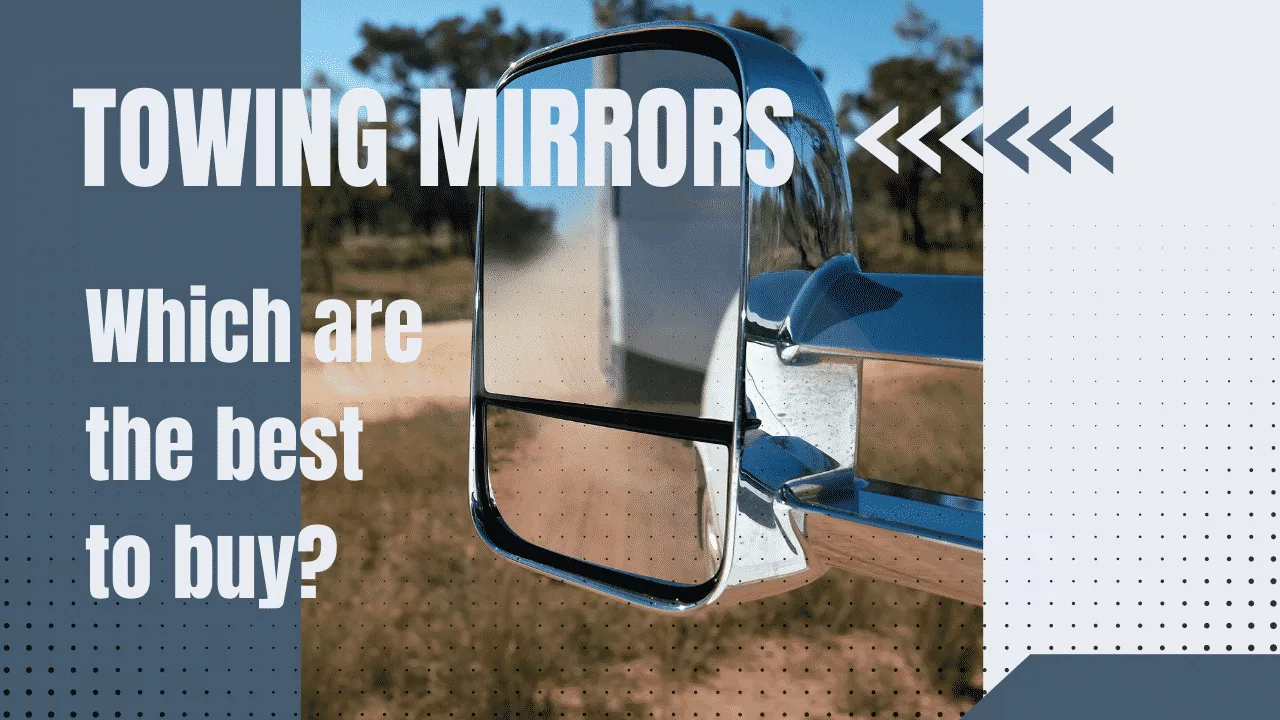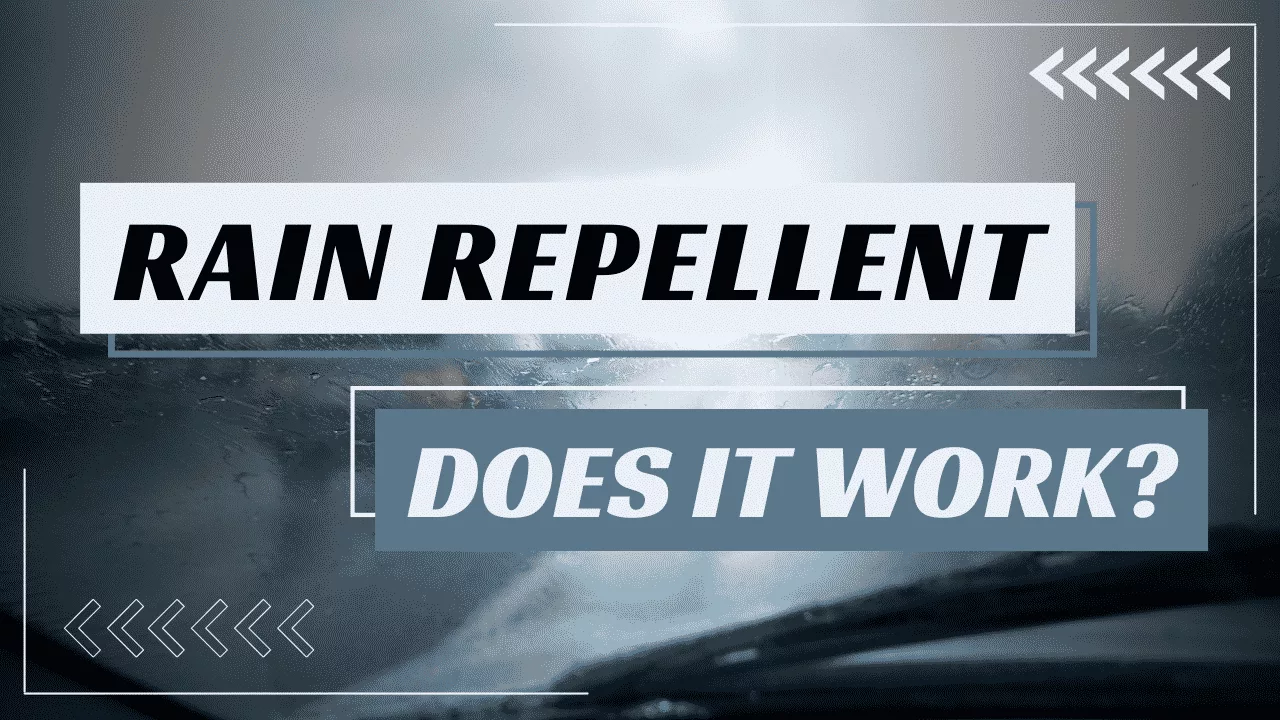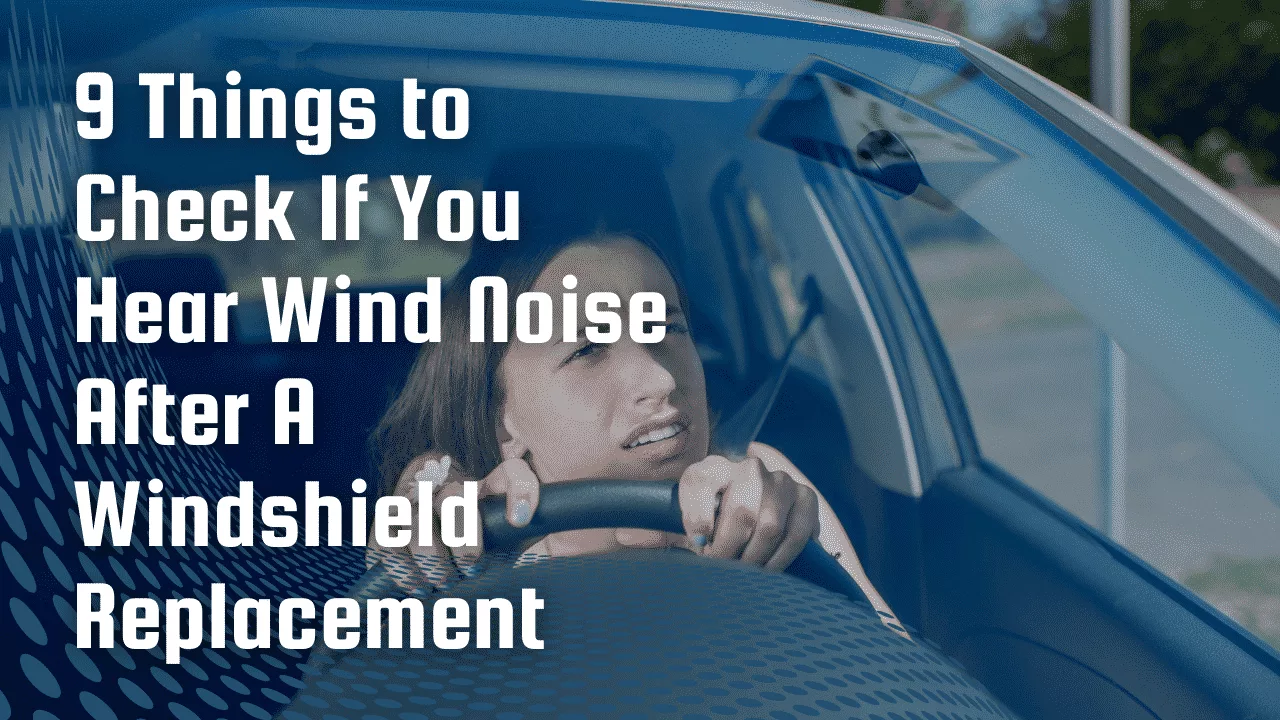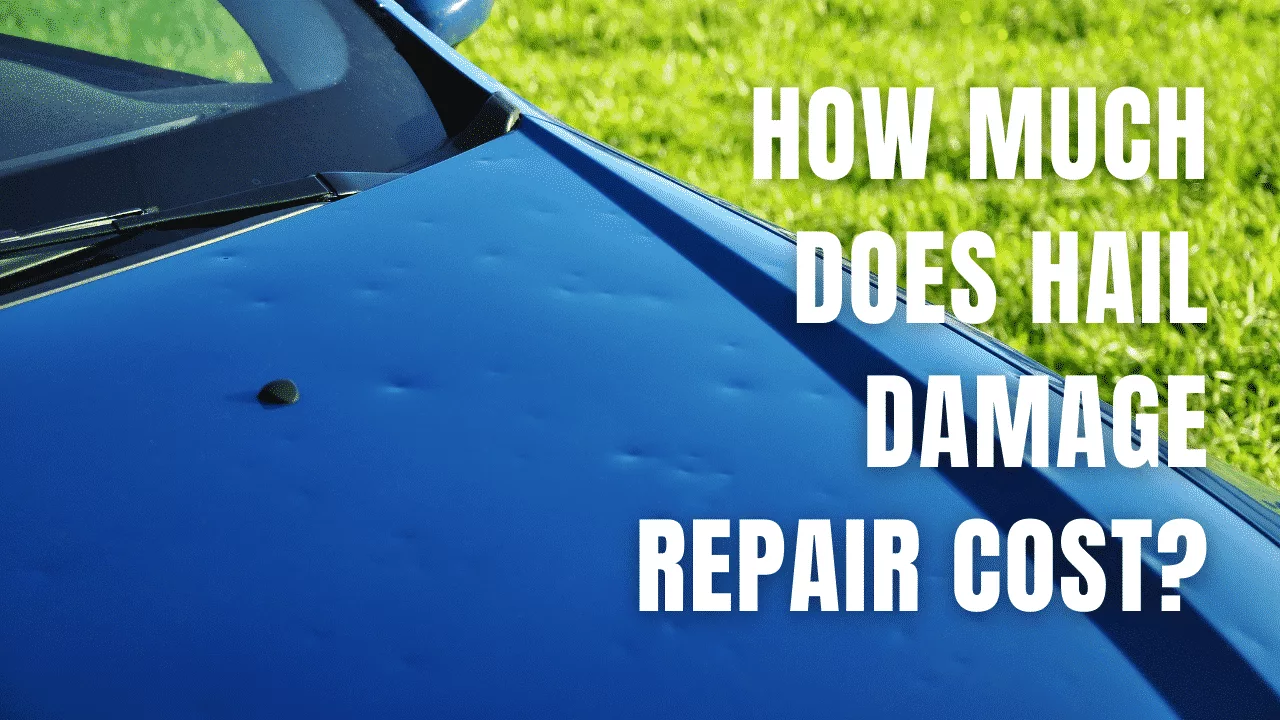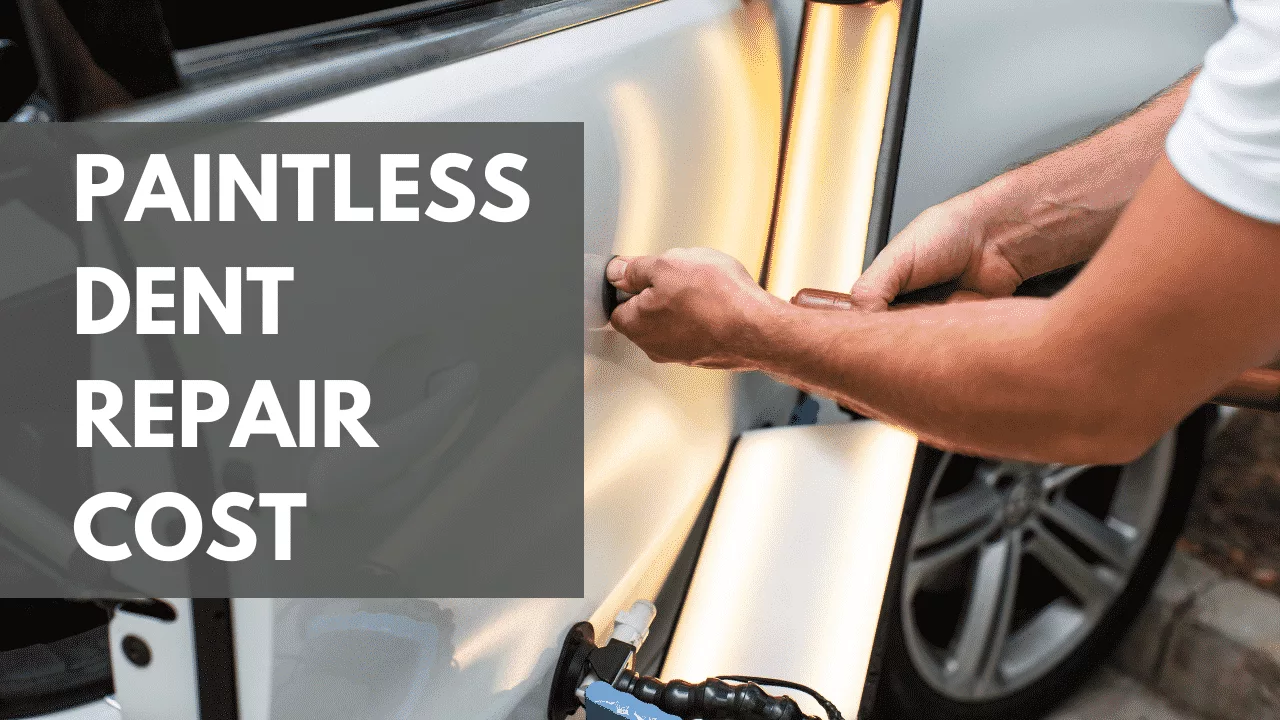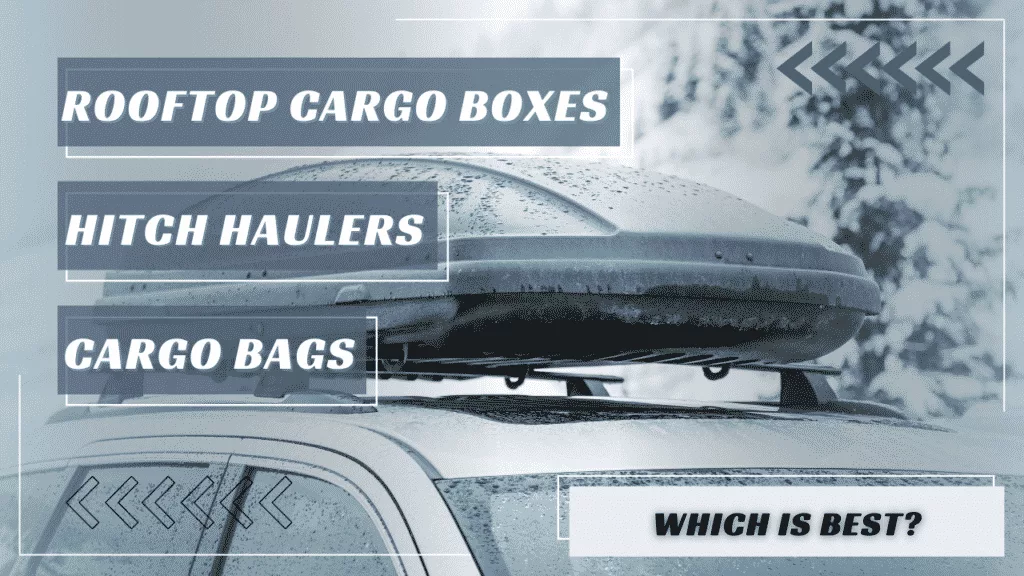
The Top 4 Types of Cargo Carriers
The rooftop cargo box, the hitch hauler, the cargo bag, and the roof basket are the options available when taking a road trip with your family or a quick weekend getaway with your friends. If you have a lot of luggage, cargo carriers are great for helping free up extra space, so there’s room in the car for everyone on the trip.
Many cargo carriers are on the market to carry your camping gear or luggage on that memorable family getaway. We will look closely at the pros and cons of roof cargo boxes, soft cargo bags, hitch haulers, and rooftop baskets. These cargo carriers have advantages and disadvantages, so knowing which solution will work best for you is essential.
Rooftop Cargo Box

A rooftop cargo box is an excellent choice if you’re looking for something lightweight but still sturdy enough to hold your camping gear or family luggage. These boxes are durable plastic and can be mounted directly onto the vehicle. In addition, they usually come with premium features such as handles to make carrying them more manageable and locks to keep items safe.
Pros
- Most are Lockable
- Made of durable material for extra protection
- Enclosed, so contents remain hidden while it’s closed
- Weatherproof to keep items dry during bad weather conditions
- Low amount of wind noise compared to other options
- Great for bulky gear
- Aerodynamic design for less wind resistance
Cons
- Cost more than other types of cargo carriers
- It causes your vehicle to use more fuel
- May prevent driving in low parking garages
- It can be challenging to put on and remove by yourself
Features
- Average Storage Capacity: The average feet of storage inside rooftop cargo boxes range from 6-8 inches deep, which means that most rooftop cargo boxes are suitable for storing smaller pieces of luggage like duffel bags, backpacks, and sleeping bags. However, the larger ones may also store large suitcases since they have inside space ranging from 8-12 inches deep.
- Average Empty Weight: These boxes can range from 25 to 55 pounds before placing anything in them.
- Average Cost: A rooftop cargo box can range from $100 on the low end to roughly $900 for a more premium cargo box. The name brand selected and size will also play a role in the price.
Soft Rooftop Cargo Bag

If you want something easy to access and easy to transport, then a soft cargo bag might be the perfect option for you. These bags are canvas or nylon and fit over most roof racks. They are easy to load and unload, and some even include handles, so carrying them is more manageable. In addition, these bags are typically very lightweight and can easily fit into the trunk of your vehicle when removed.
Pros
- Lightweight
- A most affordable option with a low price tag
- The installation process is easy without additional help.
- Easy to store thanks to a compact design
Cons
- Can be cut or punctured by sharp bulky items
- No built-in locking mechanism
- Not very secure against theft
- It doesn’t protect items from rain and road grime
- The flat front produces additional wind resistance reducing overall fuel economy.
- Tend to have high amounts of wind noise
Features
- Average Storage Capacity: Most of these bags range in storage capacity from 4-6 feet long and 2-4 feet wide. Depending on the model, they can either have a single compartment or multiple compartments. Some models have a zipper closure, and others have Velcro straps.
- Average Empty Weight: Soft cargo bags generally weigh between 10 and 20 pounds empty.
- Average Cost: Prices vary based on the manufacturer and the type of fabric used. On the low end, these bags are roughly $50, and on the high end can cost upwards of $300.
Roof Cargo Basket

Roof cargo baskets are great for carrying items that don’t need much protection from outside weather. This carrier style has an aerodynamic shape that helps reduce wind resistance while still allowing airflow through the basket. In addition, the material is durable and won’t rust or corrode, making it ideal for outdoor use.
Pros
- Minimal wind drag when not in use.
- Dual-sided access
- Can hold items that have oblong shapes
Cons
- Cargo items not protected from outside elements like rain, sleet, or snow
- No protection against theft
- Require additional straps, tie-downs, or a cargo net to hold things in place
- Can create drag and lower gas mileage if items are stacked too high
Features
- Average Storage Capacity: Baskets usually measure about 12 feet long and 5 feet wide. They are also available in different sizes, depending on which manufacturer you choose.
- Average Empty Weight: Roof cargo baskets have an empty weight of around 30 pounds.
- Average Cost: Racks for the top of the vehicle tend to cost between $200 and $500.
Hitch Hauler Rack

If you drive a truck, jeep, or SUV and enjoy a good camping trip with your family or friends, you’ll need to consider purchasing a hitch-hauler rack. A hitch hauler rack is designed specifically for vehicles with a tow hitch. It attaches directly to the rear bumper and holds various cargo bins or containers. These types of racks come in different sizes and styles.
Pros
- Fast, easy tool-free installation
- It doesn’t create wind drag or lower fuel efficiency.
- Can hold heavier items than other racks
- Superior noise reduction since they’re behind the vehicle
Cons
- Bulky to store when not in use
- Exposes items to theft
- It makes it difficult to access the back of your vehicle
- Requires additional straps to secure cargo
- It doesn’t protect items from outside weather
Features
- Average Storage Capacity: Hitch haulers are typically 5 feet long and 2 feet wide, great for holding a large amount of luggage or other items for outdoor activities.
- Average Empty Weight: On average, these haulers can weigh from 25 to 50 pounds. While they’re not super heavy, they can be awkward to handle by yourself since they’re rather large.
- Average Cost: On the low end, these can cost around $75 and reach about $300 on the high end.
Things to Consider
Before buying a rooftop cargo box or other carriers, you should consider the following things to help with your final decision.
- Are you planning to carry a lot of weight? Knowing the load capacity of your roof cargo carrier and vehicle will help determine what type you need. For example, most boxes can support up to 125 pounds, but your vehicle’s roof may only be able to support 165 pounds. With an average empty weight of 25 to 50 pounds, it’s not difficult to exceed the max weight capacity of your vehicle, which could cause damage to the roof and possibly require dent removal services.
- What type of vehicle do you have? The car you drive also plays a role in determining the size and style of your cargo carrier. For example, if you have a pickup, you may want to look at tow hitch haulers or consider adding a truck bed cover to keep items safe and protected.
- Is weather resistance significant? It’s is a matter of personal opinion. Some people prefer to leave their cargo out in the open, while others prefer to protect their items from harsh weather conditions. My rack isn’t covered, so I typically strap a tarp over the luggage after it’s loaded.
- What type of items will you be carrying? The type of items you plan to haul will also affect the roof cargo carrier you choose. For example, if you plan to transport bikes, kayaks, skis, etc., you may want to go with a larger roof cargo carrier that has more storage space. However, if you plan to transport a few bags of clothes, a smaller rack might work better.
Top Brands
- Thule
- Yakima
- SportRack
- MaxxHaul
- Reese
- Rhino-Rack
Other Types of Carriers

Snowboard and Ski racks – These types of racks are typically clamp-style racks designed to attach directly to the frame of your vehicle. The advantage is these racks are quick and easy to install and remove. However, leaving ski racks on during ski season shouldn’t affect your MPG since they’re relatively small in size.
Bicycle carriers – Getting your bike to the next race or trail riding event is a little easier when you have a bike rack. There are a few different bike racks on the market designed to fit most vehicles. Some attach to the trunk, others latch to the roof, and some connect to the hitch receiver. Bike racks are great because they provide extra storage space inside the vehicle for your gear while keeping your bike safe and secure on the outside.
Hitch-Mounted trailers – Sometimes, a small rack isn’t enough, so having a mini trailer with a couple of extra wheels will ensure everything you’re taking fits securely inside.
Spare tire rack – Spare tires won’t fit under the truck or jeep if you’ve upgraded to large offroad tires. Having an extra tire rack added to the top or back of your vehicle eliminates this problem.
Cargo Carrier Accessories
Accessories for a rooftop cargo box or bag include items like quick draw rachet ropes, hook straps, load stops, tie-downs, LED light brackets, and even shovel holders.
Product Links
Auto Glass Locator is supported by its audience. When you purchase through a link on our site, we may earn a small commission at no additional cost to you. Thanks in advance for the support.
FAQ
- Will the weight of a roof rack damage my car? The weight capacity of most automotive roofs supports up to 165 pounds without causing damage. If you’re planning on hauling more than that, you’ll want to look into getting a hitch mount carrier.
- How are rooftop carriers secured to the vehicle? Each type of carrier has a different method for mounting it. Some will use ratchet straps, and others will have unique hardware or u-bolts to fasten it to the crossbars. Each method is easy to perform and will secure the carrier sufficiently.
- Do rooftop carriers require professional installation? If your vehicle has rooftop bars, you’ll be able to attach the rack or carrier without hiring a professional. However, if your car doesn’t have rooftop bars, you’ll want to consult with a professional installer to add those before installing the carrier possibly.
- Will cargo boxes and bags keep my items dry in wet weather? If you plan to travel in conditions where there’s rain, snow, or ice, it’s best to invest in a weatherproof carrier. Most cargo boxes and bags are weatherproof and will keep your item protected and dry. It’s essential to read the specs carefully before making a purchase.
- How do I store my carrier? Most people lean them against the wall in their garage, but special lifters are available to hang them out of the way. Having a lifter will make taking the rooftop cargo box off your vehicle easier. Park under the lifter, attach it to the carrier, unclip it from the car, and use the pulleys to remove and store it.
- Is it safe to drive with an empty rooftop cargo box? Yes, if the top of the carrier is closed and locked. No, if the roof is open or unlocked.
- Does my car need a roof rack to mount a rooftop cargo carrier? Yes, your vehicle needs a roof rack or other means of mounting the rooftop cargo carrier. Placing a rooftop cargo box or bag on the vehicle’s top without crossbars will damage the paint and possibly dent the metal.
- What is the most oversized hitch hauler basket available? “Big Belly” or “Big Bertha,” the most oversized hitch hauler baskets available. They can be as wide as 3 feet and 5 feet long. These are ideal for carrying oversize loads such as ATVs, motorcycles, lawnmowers, etc.
- Are rooftop cargo carriers compatible with all types of vehicles? Roof carriers come in many sizes and shapes. Therefore, you should always check each carrier’s specifications to ensure they fit your car correctly.
- How fast can you drive with cargo carriers on top of the vehicle? Most experts recommend keeping highway speeds under 85 MPH with an extra bag or box on top of the car. Exceeding this speed may cause damage to the vehicle itself or make it difficult to control.
- Are folding hitch haulers better than fixed ones? Both types of hitch haulers can handle the same amount of weight. The benefit of owning a hitch hauler that folds is storing it in a tighter space which is a nice feature.
- Do hitch haulers prevent access to the trunk space of my car? A tow hitch hauler can make it difficult to access the trunk but not impossible.
- Do hitch haulers prevent the liftgate from opening on my SUV? Some hitch haulers have an extended arm to create a gap between the vehicle’s bumper and the carrier. This gap allows for space to stand and enables the liftgate to clear the rack without hitting it or its items.
Key Takeaways
- Soft rooftop cargo carriers are best if you have a small budget.
- Hardshell roof boxes are best for keeping cargo safe.
- Tow hitch haulers are capable of the most generous load capacity.
- The carrying capacity of rooftop carriers is limited to 165 pounds which is the amount of weight most vehicles can handle without causing damaging the metal.
Final Thoughts
Overall, roof boxes and carriers are a matter of personal preference but consider buying from a reputable manufacturer if you’re looking for a durable one. Their products won’t disappoint when you need them most and will typically last longer than off-brands.


